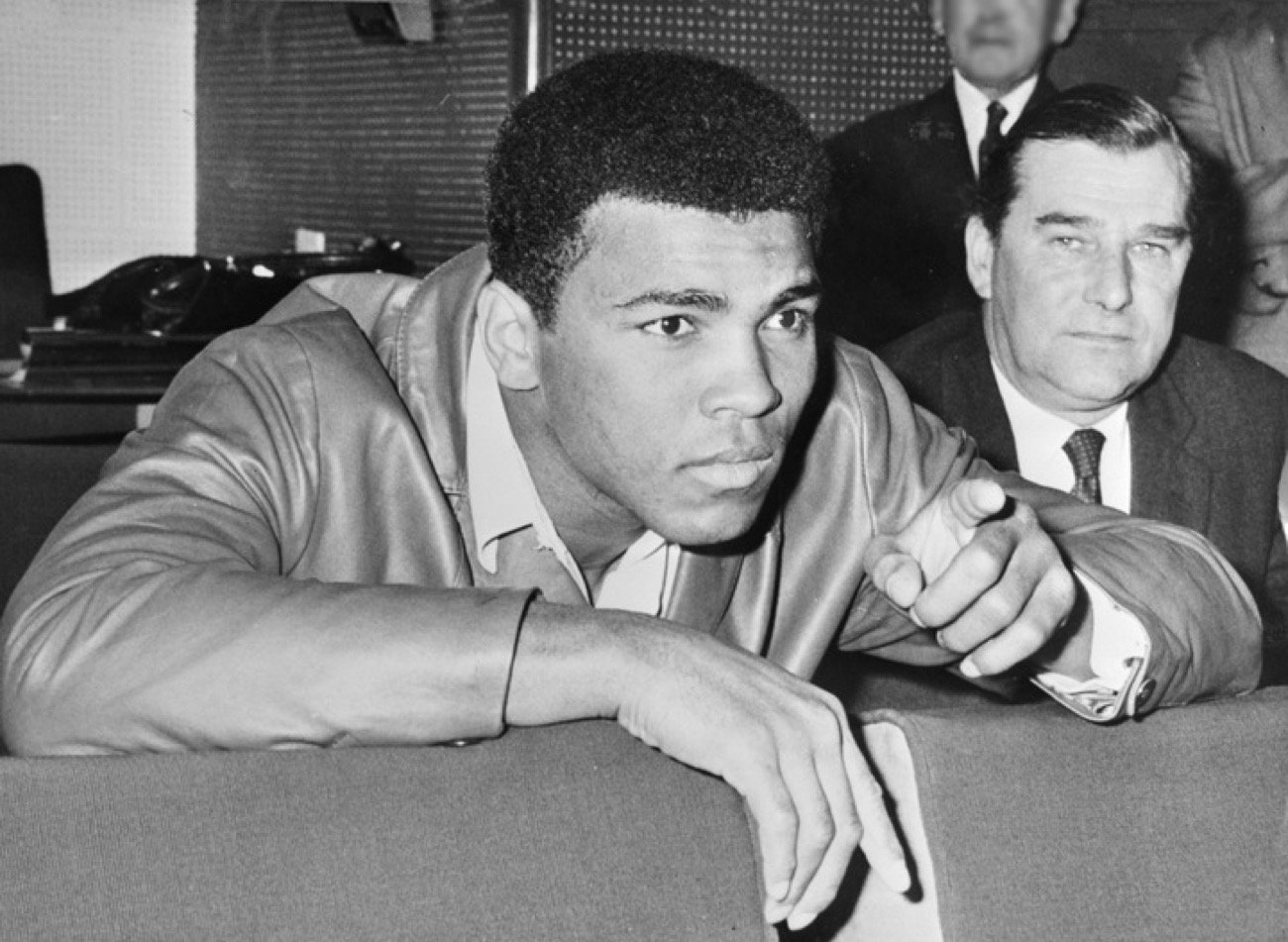Muhammad Ali, who would today have been celebrating his 80th birthday had he not passed away after an excruciatingly long and, typically of the great man, brave battle with Parkinson’s disease in June of 2016, is as big as ever here in 2022; his name as instantly recognizable as ever. Mention Ali, and all fight fans, no matter their age, will have some response – be it favorable or unfavorable.
For Ali, loved and hated in equal measure during his lifetime, made the single biggest impact on sports, on politics, and on popular culture of any boxer in history.
Writing a tribute piece on Ali can be tough, simply because there were so many facets, so many sections of Ali’s life one could choose to focus on. Here, it’s strictly what Ali did in the ring. Fans know the Ali story: Olympic gold in 1960, the heavyweight title in 1964, this with a stunning, “I shook up the world” win over the criminally underrated Sonny Liston, nine title retentions, and then….. exile.
One of the saddest things about Ali’s boxing career is the fact that the world never got to see the great man box at his absolute physical peak. Ali, stripped for refusing to serve in Vietnam, was unable to box after March of 1967 until October of 1970.
Aged 25 at the time of his ability to earn a living being taken away from him, Ali was untouchable in the ring. He was running out of worthy challengers. Ali was the fastest heavyweight ever seen, he was punching with crushing authority – and he was going to get even better.
It never happened, as trainer Angelo Dundee recalled with sadness when speaking with Ring Magazine in 1995.
“What a lot of people don’t realize, and it’s sad, is we never saw him at his peak,” Angelo said of his most prized pupil. “The Ali who fought Cleveland Williams and Zora Folley was the best he could be at that time, but he was getting bigger and stronger and more experienced in the ring.

What was he, 25 years old when they made him stop? Those next three years would have been his peak. If he had continued getting better at the rate he was going, God only knows how great he would have been.”
Indeed.
Ali, at, say, 220 solid pounds, his speed of hand and foot the same as it was in the Williams masterclass, his physical as well as mental strength advanced…..I submit to you that this Ali would never have lost a single fight. To anyone. Who was going to beat him? Joe Frazier might have given the Ali of 1968 a good fight, but beat him? No. George Foreman wouldn’t have been ready to fight Ali until 1973, so Ali may have been retired by then (and he might have been sporting something like a 39-0 or a 40-0 record; might Ali even have gone on to break Rocky Marciano’s astonishing 49-0 record?). Ken Norton, who always gave Ali trouble, this in 1973 and then in 1976, of course, met the returning and then the fading Ali, not the non-stop dancing/punching/un-hittable fighting machine of the 1960s.
No, Ali’s dominance would not have been threatened had he been allowed to carry on boxing. It really is mind-boggling to wonder how super-great Ali would have become across the years 1968, ’69, ’70, ’71.
But Ali came back, he changed his style – once proud of how no man could catch him with a shot, Ali now boasted how his chin could take anything – and he regained the crown. Twice. Ali’s legend is bigger than life, even with his peak years being shamefully robbed from him (and from us).
No fan can make a strong enough argument against Ali being ranked as the greatest heavyweight ever. The combination comprising of Ali’s unique boxing style, of his simply untouchable resume of top-notch opposition, with a number of Hall of Famers in there, of the sheer impact he made on boxing, and of course, of the fact that his peak years were taken away, makes for some tough, tough, argument that boldly claims that, yes, Muhammad Ali was and is:
The Greatest.
